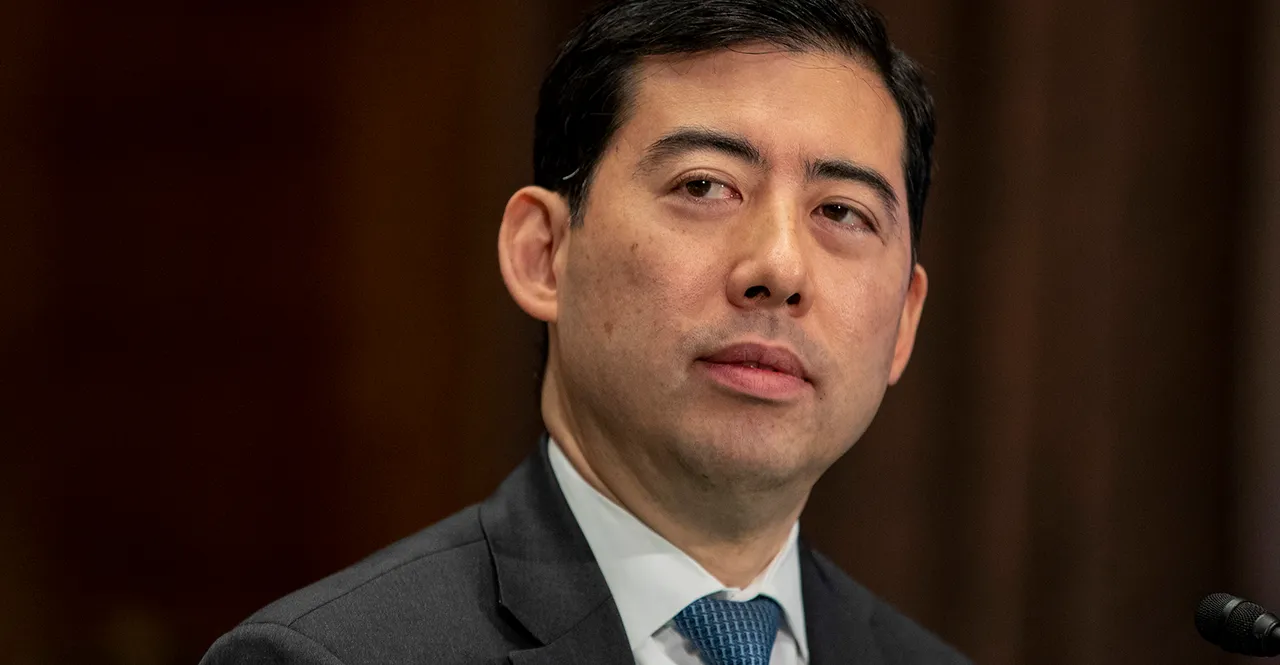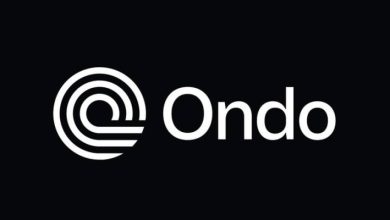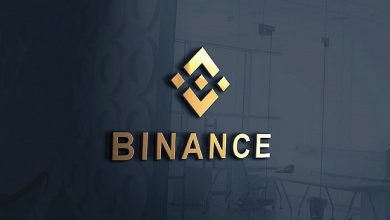SEC’s Uyeda: Retail Investors Should Have Exposure to VC and Crypto in 401(k)s


Speaking at the SIFMA Private Markets Valuation Roundtable in Washington, D.C., SEC Commissioner Mark T. Uyeda underscored both the growing role of private markets in fueling U.S. economic growth and the regulatory complexities that come with valuing illiquid assets. His remarks emphasized the balance between innovation, investor protection, and the need for transparency as private funds manage trillions in assets.
Private Markets as an Engine of Growth
Uyeda noted that private markets have expanded dramatically over the past decades, with private funds alone managing $30.9 trillion by Q4 2024. He rejected the notion that private market growth diminishes public markets, instead stressing their symbiotic relationship. Private markets incubate ahead-stage companies until they are mature enough for public listings, while public and exit opportunities for private investors.
He cited academic research showing that the threat of private equity acquisitions strengthens corporate governance in public markets by pressuring management teams to maximize value.
Valuation Challenges in Private Funds
Uyeda turned to the issue of valuation, a core topic for investors and regulators. While private funds face fewer prescriptive rules than public companies, they remain subject to antifraud provisions and disclosure requirements. Accurate valuations can reduce the cost of capital and are crucial for investor trust.
The SEC’s Division of Examinations in 2025 prioritized reviewing the accuracy of fee calculations and disclosures, including the valuation of illiquid assets. For closed-end funds (CEFs), NAV calculation requirements under the Investment Company Act of 1940 and Rule 2a-5 highlight the importance of fair value processes. Boards may delegate valuation duties to advisers, often supported by third-party valuation firms that assess Level 3 assets.
Uyeda emphasized that valuation practices must be transparent, risk-based, and well-documented, particularly for funds holding less-liquid assets.
Fair Value and Accounting Standards
Most CEFs calculate NAV daily, even when holding hard-to-value securities. Uyeda highlighted that Accounting Standards Codification Topic 820 provides guidance on valuation techniques, including fair value measurement. NAV remains a crucial benchmark for investors, particularly when shares trade at premiums or discounts, and when activist campaigns or liquidity events arise.
He reiterated the SEC’s stance that strong oversight, documentation, and testing are essential to maintaining defensible valuations in the face of market scrutiny.
Alternative Investments in Retirement Plans
The Commissioner also addressed President encouraging alternative investments in 401(k) retirement plans. This initiative could asset classes such as private equity, venture capital, infrastructure, and digital assets. Uyeda suggested that while exposure levels may vary, the appropriate allocation for individual investors should not be zero.
He pointed to preliminary research suggesting that democratizing private equity access does not necessarily lead to inferior outcomes for retail investors. With proper guardrails, alternative investments could enhance diversification and boost long-term risk-adjusted returns.
Regulatory Priorities Ahead
Uyeda closed his remarks by stressing the SEC’s role in ensuring that private markets remain transparent, fair, and efficient. As alternative assets become more accessible and private funds continue to grow, valuation standards will remain central to regulatory oversight. Collaboration with other agencies, including the Department of Labor, will shape the rules governing how alternative investments appear in retirement portfolios.
The Commissioner emphasized that he welcomes further data, proposals, and stakeholder engagement to shape policy in this area, signaling that the SEC will continue to scrutinize valuation practices while exploring ways to expand retail access responsibly.







